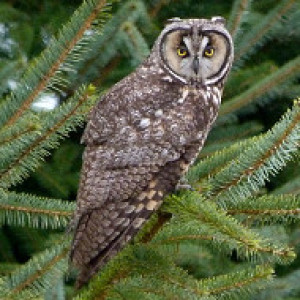Rocket fuel
Distinct to the northern reaches of the South Island are the vast tracts of honeydew beech forest. The female of the native Honeydew Scale Insect burrows into the bark of young beech trees, sucking sap for nourishment and secreting the excess through a filament that pokes out her back. (This is in fact the longest anal channel of any insect.) The excess collects in a drop of pure sugar at the end (you can see this against the third-to-last silver beech leaf at the bottom there) where it is made available for consumption by other animals of the forest. These opportunistic suckers of sap include other insects, lizards, bats, and honey-eating birds. In addition, what doesn't get collected by birds, bats, or bugs falls against the trunk, where it enables the growth of a carpeting black fungus, which is harmless to the trees and provides further protection to other native insects. The fact is: honeydew is critical to the health of this ecosystem.
The accidental introduction of wasps to these areas (which arrived on shipments of machinery in the 1940's and onwards) has wreaked havoc on the delicate balance of the honeydew forest. The wasps, in prolific numbers, collect the honeydew, depriving the native species of one of their primary food sources. They also eat native insects and have even been known to swarm and kill native birds.
I arrived at Lake Rotoiti in Nelson Lakes National Park this afternoon. This area is practicing an experimental nature recovery project, doing research on and carrying out extensive control programs on introduced pests like the wasps, in order to create a sort of "mainland island" sanctuary for native species. While still in the early stages (having started in the late 90's) the difference in the native birdlife here as compared to other South Island forests I've visited is remarkable. The forest is alive with the haunting warbles of Bellbirds and Tuis, which can be heard throughout the day. It's a testament to what intellectual, financial, and spiritual support of this conservation work can yield in terms of restoring New Zealand to its natural and biologically astounding condition.
- 0
- 0

Comments
Sign in or get an account to comment.


